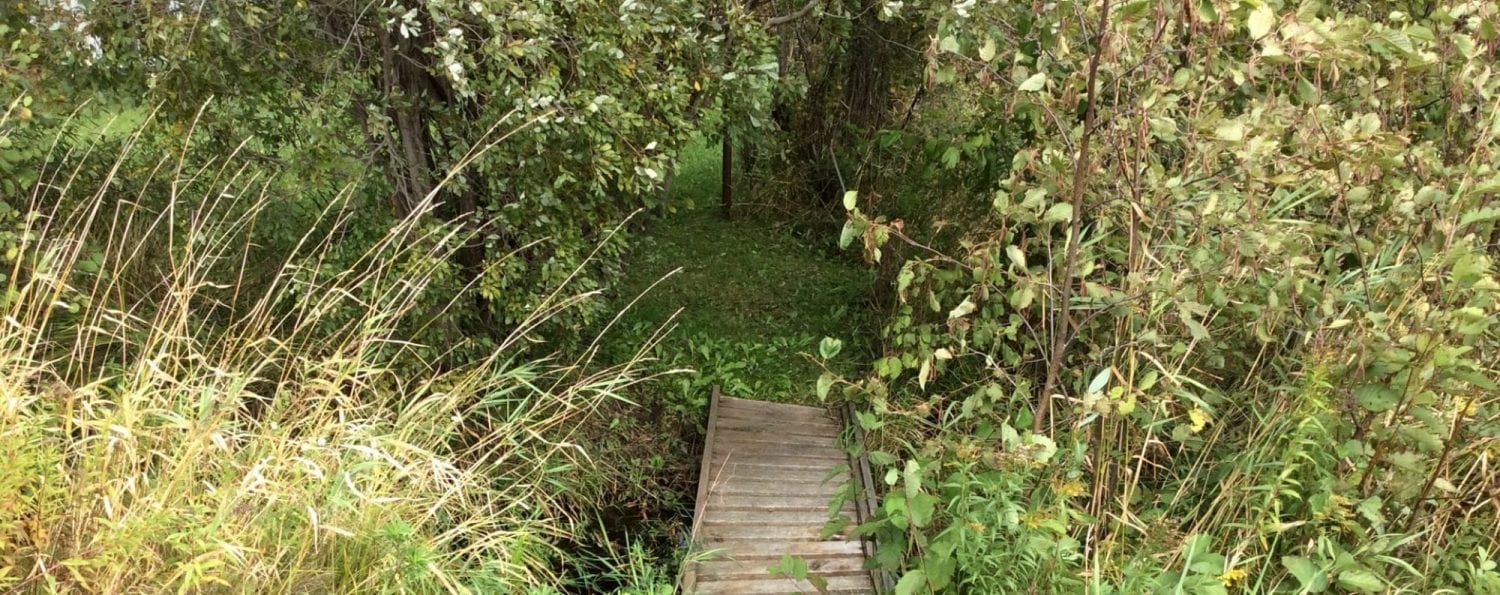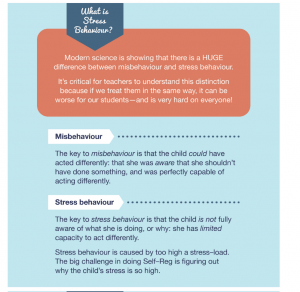A funny thing happened this week. Last week, I nearly lost my mind. But then this week, which has actually been a more challenging week, I’ve come home from work feeling pretty good about our work. So, what was the difference?
I’ll start by channelling my inner old lady and telling you about all of my problems. This is one of my go-to strategies when I am reframing my behaviour. This helps me remember that there is a lot going on at any one time, and that it’s OK to feel overwhelmed by it all, and to feel like I just want to go to bed at 7:oo p.m. and start over tomorrow.
Biological: I’m tired. Not “teacher in June” tired, but “teacher in December” tired, which is pretty close to the same thing. I’m not eating the best foods, and the Christmas goodies haven’t even arrived from Nana yet. I feel like I’m getting some sort of cold in my head, but it’s not quite there yet. I feel a bit of the foggy brain for no particular reason (other than the sleep and the not-quite-a-cold feeling.)
Cognitive: See foggy brain above. I’ve had 3 math PD sessions, and a TLLP meeting in the past two weeks. I love them, but there’s more to think about. I am also trying to finish up a book that is sort of okay but not that great but I want to finish it anyway (you know the kind!) I am also starting to think about report cards coming up, and all the things I need to finish up and assess before the middle of January. This is all part of the regular job, but it takes up brain space nonetheless. Oh, and I’m trying to get organized for our Winter Break vacation.
Emotional: The holidays bring with them a variety of emotions. I’m excited, but I’m trepidatious, and I struggle between not wanting to spoil my own children while still helping them enjoy the holidays. I don’t want to be a Grinch about things the other kids’ parents are doing, but I want to impart our values about Christmas not being about things. I feel like I am doing the right thing and the wrong thing at the same time.
Social: To quote the Grinch, there’s a lot of noise, and singing, and feasting. (Not an exact quote!) And am I going to this party? or that party? or this thing? or that thing. NO! I am going to be at home in my pyjamas! (That is what I want to say, but then I have emotions related to being a Grinch.)
Pro-social: There’s a lot of emphasis at this time of year on noticing what other people don’t have. That makes me feel a lot of empathy for them. I feel sad for people who are missing family, or who can’t afford enough gifts for their children. I am happy, but it’s all tainted with a little bit of sadness.
So there I was, on a Thursday afternoon, with all of these stressors sitting squarely on my very tense shoulders. I was trying to juggle having three different activities going in the class – grades 2s with me, grade 3s on Google looking at pictures for their research, and some kids not wanting to do either. Just as I launched into the most brilliant thing I could possibly say all week, someone stood directly in front of me and asked to go to the bathroom 4 times. I said yes 3 times and tried to carry on with my teaching, but the yes was not received. Finally the 4th time I said, “JUST GO!” I knew it had come out more harshly than I would like. I knew that this child probably hadn’t heard the previous 3 yeses because of a variety of reasons. But it was too late to take back those words. My volcano mouth had already erupted. I took a deep breath. I took another. I consciously changed my tone of voice, and did that thing all teachers do where I immediately changed my trajectory. I looked around and realized that if we did what we were doing in a little bit different way, it was probably going to be less stressful for all of us. Then we did that. And it was less stressful.
And after school I was out of the school in my car before the last bus left, and now I am at home in my comfy pants cooking dinner and writing. That’s been my response to the stress this week: self-care. That includes forgiving myself, taking care of my family, and appreciating that kids are willing to forgive easily. (And also I will make them pancakes next week so we can be guaranteed life-long friendship!)


